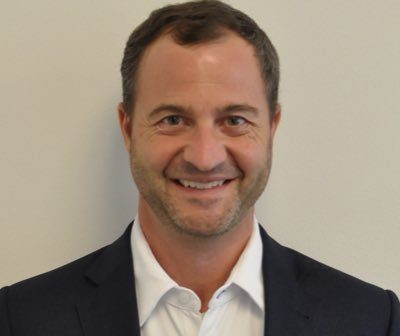
What is transparency in investing?
Transparency is how we protect the integrity of our work and keep empowering investors to achieve their goals and dreams. And we have unwavering standards for how we keep that integrity intact, from our research and data to our policies on content and your personal data.
Why do we keep a strict separation between our sales teams and authors?
To further protect the integrity of our editorial content, we keep a strict separation between our sales teams and authors to remove any pressure or influence on our analyses and research.
What does Annie Duke call thinking in bets?
Benz: Speaking of Annie Duke, she calls it “thinking in bets,” this idea of approaching things probabilistically. If I'm a financial advisor or financial planner and I'm helping a client who is about to retire think about their financial future, what are a few things that I could do to systematize the forecast that I might incorporate into the client's plan?
Why is editorial freedom important?
Maintaining independence and editorial freedom is essential to our mission of empowering investor success. We provide a platform for our authors to report on investments fairly, accurately, and from the investor’s point of view. We also respect individual opinions––they represent the unvarnished thinking of our people and exacting analysis of our research processes. Our authors can publish views that we may or may not agree with, but they show their work, distinguish facts from opinions, and make sure their analysis is clear and in no way misleading or deceptive.
When is Capital Allocators podcast 2021?
The author and “Capital Allocators” podcast host discusses his new book, the various guests he has interviewed, and the reason why he shared his portfolio with the world. Mar 24, 2021. Link Copied.
Is the long-short equity hedge fund a challenge?
But I think that the long-short equity hedge fund model has been a very challenged one for close to a decade, in large part because of the level of interest rates and the costs that that imposes on a long-short fund, and the second is just the nature of competition. There are so many more people participating in shorting stocks that you do have these dynamics that I never saw at the beginning of my career.
Who is Ted Seides?
Our guest this week is Ted Seides. Ted hosts the popular “Capital Allocators” podcast, where each week he interviews leaders in the investing and finance fields, including hedge fund managers, endowment chiefs, and prominent academics. Prior to launching “Capital Allocators,” Ted was a founding partner at Protégé Partners, a firm that invested in and seeded hedge funds. Ted began his career at the Yale University Investment Office before doing stints at Stonebridge Partners and J.H. Whitney & Company. Ted recently published a book reflecting on his conversations with investment leaders and experts entitled Capital Allocators: How the World's Elite Money Managers Lead and Invest. Ted earned his bachelor's degree from Yale University and his MBA from Harvard Business School. He is also a CFA charterholder.
